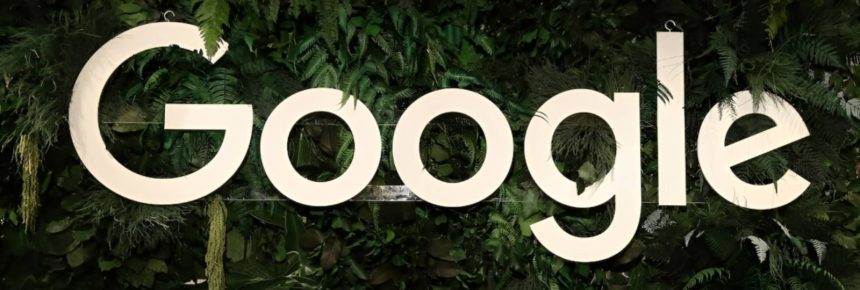Google goes to great lengths to create and enforce policies to prevent abuse while enabling publishers and businesses to thrive in the digital world. This is to protect users from scams and scams, block and remove harmful content, deal with misinformation, respond to the war in Ukraine, and prioritize child safety. Google’s Financial Services Certification Program has expanded to 10 new countries, with additional restrictions to prevent spammers from creating thousands of accounts and spreading malware.
Google is fighting ad spam on the internet through various measures, including:
- Ad Policies: Google has strict policies that advertisers must adhere to in order to display their ads on Google’s ad networks. This includes guidelines on the types of ads that are not allowed, such as those that contain misleading information, promote illegal activities, or engage in deceptive practices.
- Automated Detection: Google uses advanced algorithms and machine learning to detect and remove ads that violate its policies. This helps to prevent fraudulent and spammy ads from appearing on Google’s ad networks.
- Manual Review: Google also employs a team of human reviewers who manually review ads to ensure that they comply with Google’s policies. This helps to catch any ads that may have slipped through the automated detection process.
- User Feedback: Google encourages users to report any ads that they believe are spammy or misleading. This feedback helps Google to identify problematic ads and take action against them.
- Partnership: Google also partners with other organizations, such as the Coalition for Better Ads, to promote better advertising practices and to develop industry standards for online advertising.
Overall, Google is committed to providing a safe and trustworthy advertising experience for its users, and it continues to invest in new technologies and processes to combat ad spam on the internet.
Over the past few years, Google has implemented comprehensive measures to combat misinformation and unreliable claims in our advertising ecosystem. Among these measures are our policies prohibiting harmful health claims and claims that are demonstrably false and that may undermine confidence and engagement in elections. Google blocked or removed over 5.2 billion ads, restricted over 4.3 billion ads and suspended over 6.7 million advertiser accounts last year. The system relied on a combination of human review and automated systems powered by artificial intelligence and machine learning to enforce policy.
Google uses My Adcenter to help users adjust their advertising preferences and limit sensitive categories. Over 70 million hits worldwide in 3 months. Google has also verified the identity of the advertiser in over 240 countries and launched pages for the advertiser in the United States and around the world. Currently, Google is launching the Advertising Transparency Center. This is a searchable database of verified advertisers across all our platforms.
Google says its top priority is ensuring the safety of children and teens around the world, and it takes this into account when designing its products and creating its policies. To achieve this, Google blocked ad targeting and personalization for young children and excluded adult ad categories (such as sexually explicit content, gambling, alcohol, and pharmaceuticals).
In 2021, the company will expand these protections globally to all users under the age of 18, block targeting of ads based on age, gender or interests, and limit age-sensitive ad categories to teen users. prevented from being delivered to The company has already rolled out these changes globally, banning dating apps, contests, sweepstakes, and ads promoting weight loss products to users under the age of 18.
Looking ahead to 2023, Google plans to focus on providing users with a safe and reliable advertising experience. This is essential to its mission to organize and provide universal access to information, the company said. Throughout the year, the company will continue to fight abuse on its platform while helping advertisers and publishers grow their business.










